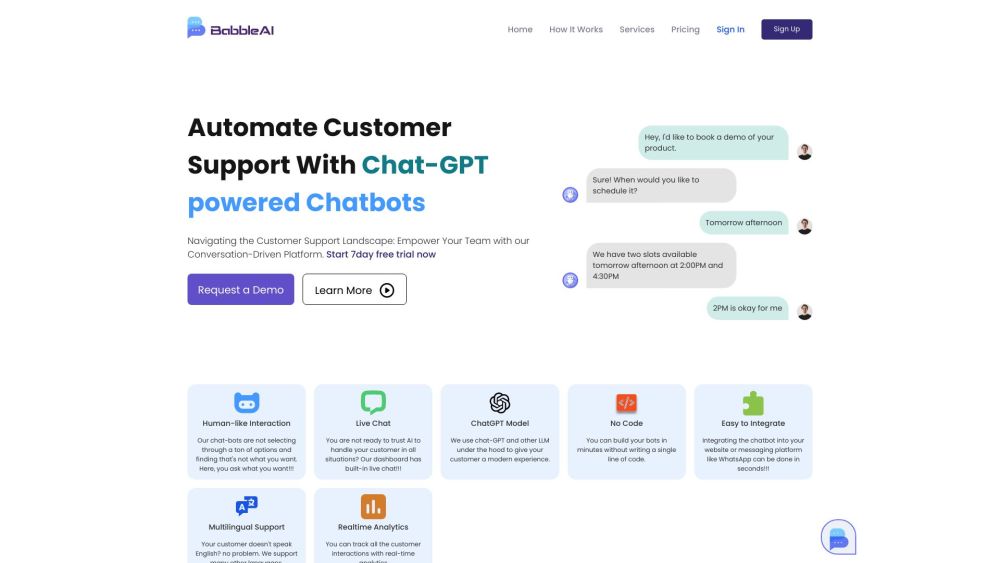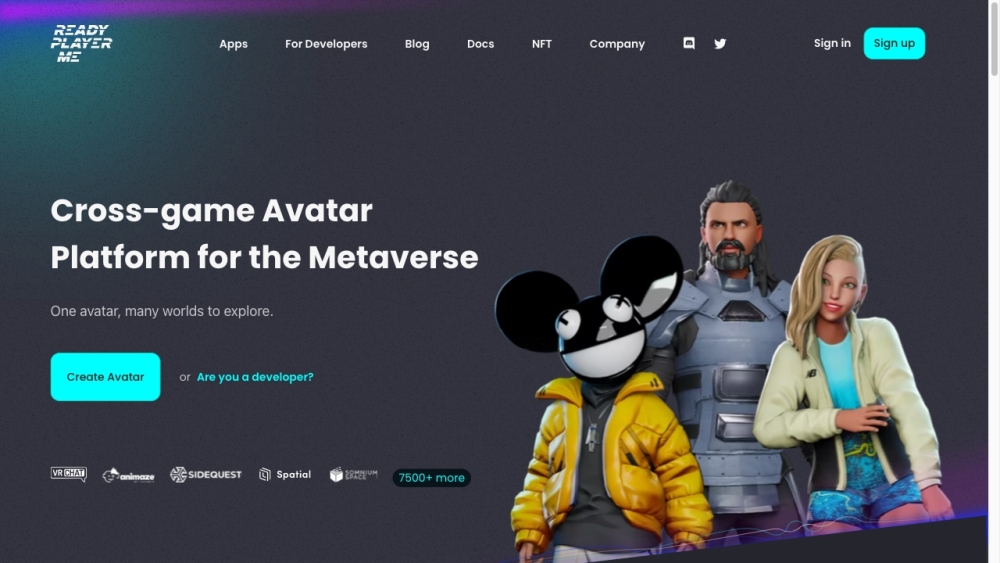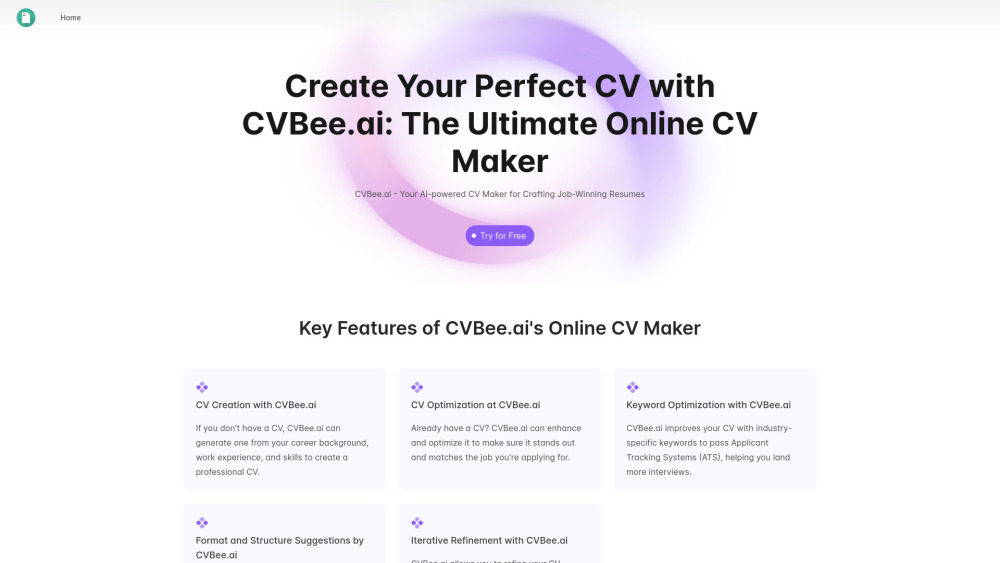Stability AI Secures New Funding Amidst Challenges
Stability AI, the beleaguered generative AI startup known for Stable Diffusion, has successfully raised new funding, though the exact amount remains undisclosed.
Notable investors including Greycroft, Coatue Management, Sound Ventures, Lightspeed Venture Partners, O’Shaughnessy Ventures, along with angel investors Prem Akkaraju, former Google CEO Eric Schmidt, Robert Nelsen, and Napster founder Sean Parker, contributed fresh capital to the startup, as announced Tuesday morning. Parker has stepped in as executive board chairman, joining the board alongside Greycroft managing partner Dana Settle, Coatue Management COO Colin Bryant, and new CEO Akkaraju.
"Stability AI has made a global impact by creating leading generative image models and fostering the largest ecosystem of AI media creators and developers," Parker stated. "Innovation thrives at the intersection of art and technology; our world-class research and applied AI teams collaborate with a vibrant community of AI artists, model builders, and developers who have expanded the capabilities of our core models."
Earlier this week, The Information reported that Stability AI was nearing a funding deal amid a cash crunch and outstanding cloud bills. Both The Information and Reuters indicated that this new fundraising round could lead to a reduced valuation for the startup; Stability AI chose not to comment.
The company gained significant attention in 2022 with the launch of Stable Diffusion, an image-generating AI model developed at Ludwig Maximilian University in conjunction with AI startup Runway. Stability AI updated the open-source model and established services around it, commercializing it and propelling Stable Diffusion to become one of the most widely-used open image-generating models today.
Over the years, Stability expanded its ambitions into various domains, including code, text, doodle, music, sound, 3D model, video generation, and even biomedical research. However, co-founder and former CEO Emad Mostaque’s mismanagement reportedly led to financial struggles, staff resignations, a failed partnership with Canva, and increasing investor concerns.
Last October, the company reportedly had just $4 million available, a stark contrast to the more than $100 million raised from investors like Intel in previous years, and was expected to earn only $11 million in sales for 2023. At the same time, it faced $99 million annually in AWS, Google Cloud, and CoreWeave cloud infrastructure costs, plus $53 million in operating expenses and wages.
By December, Stability transitioned to a subscription model for commercial use of its technology, with prices starting at $20 per month. The company also explored the possibility of reselling its compute resources as a managed service and, following Lightspeed's advice, considered a sale of the company itself.
Mostaque departed in March after investor pressure.
The new investors, including Schmidt, have reportedly committed $80 million for a controlling stake in Stability; negotiated with suppliers to forgive approximately $100 million in debt; and sought to release Stability from $300 million in future obligations primarily tied to cloud service providers, as reported by The Wall Street Journal.
The pathway forward for Stability AI remains uncertain. Key talent, including researchers behind Stable Diffusion and Ed Newton-Rex, who led the company's generative AI audio initiatives, have departed. Additionally, Stability faces several copyright infringement lawsuits from stock image provider Getty Images and various artists, claiming unauthorized use of their works to train the original Stable Diffusion.
With Akkaraju’s expertise in visual effects, gleaned from his tenure as CEO of Weta Digital—the company behind the visual effects for major films like Avatar and The Lord of the Rings—the company’s customer acquisition strategy may shift. Parker emphasized that Stability will concentrate on enhancing its managed image, video, and audio pipelines, creating custom enterprise models, and delivering APIs for consumer applications in art, graphic design, social media, and gaming.
Regardless of its future direction, Parker affirmed Stability's commitment to "open-source principles." "Our investment in Stability AI supports the ongoing development of open-source, open-access, and open-weight models for the entire community," he stated. "The market opportunity in generative media—including images, video, 3D, voice, and music—is just beginning... This funding will facilitate the creation of even more powerful models while empowering the community to push the boundaries of human creativity."





